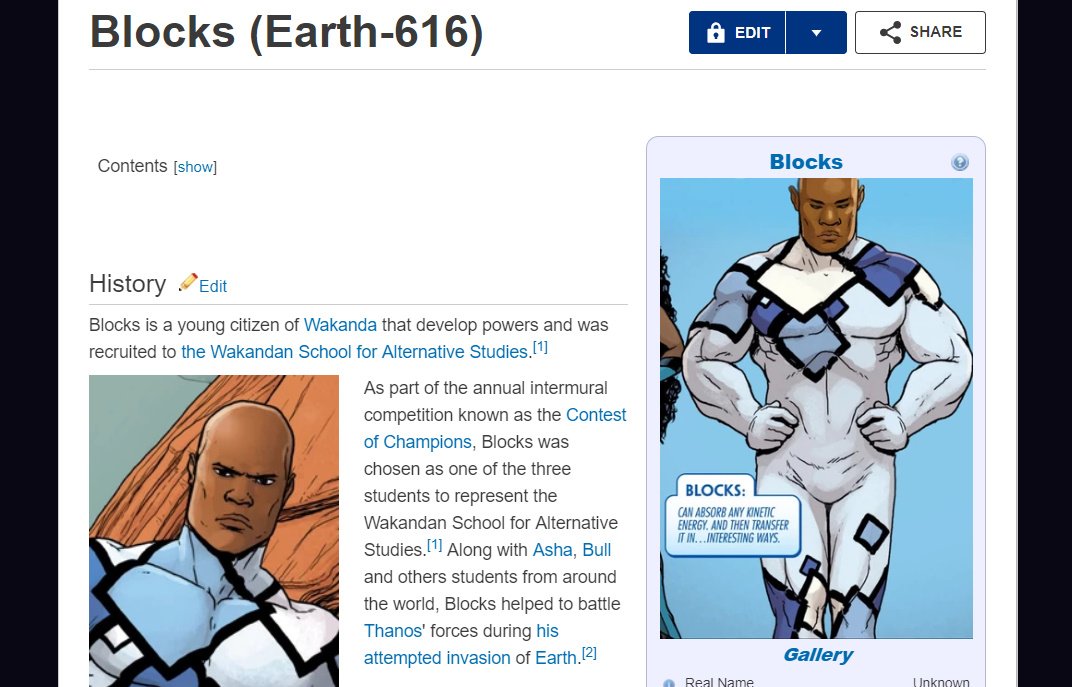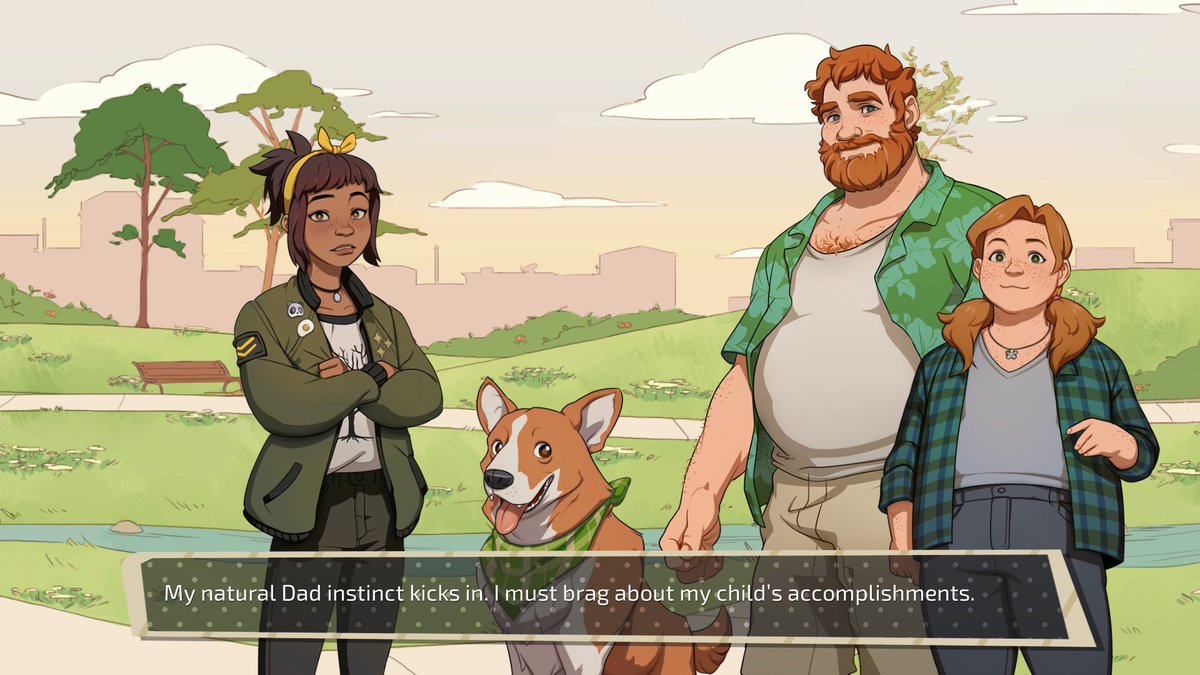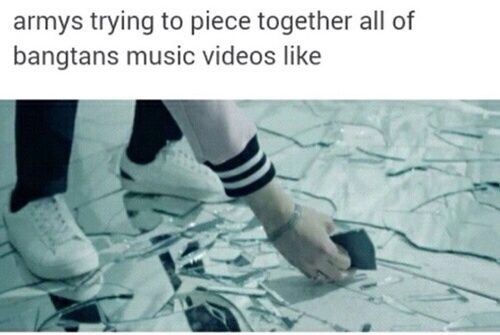I got a *really* juicy one that, after a lot of back and forth, they realized they didn't exactly want published in PC Gamer magazine.
HOWEVER
So, I won't do that.
Did you know we almost got a LICENSED Hawaiian resort management sim?
Yeah.
That was almost a Thing.
Cut to a crowded hotel bar during CES.
Sounds like the setup for a joke, right?
Well, these guys get chatting, and pretty soon they hit it off. Shots are taken. Too many shots are taken.
The executive talks about his company's exploration of that space, the game developer talks about their experience making games in that genre.
The game developer's hotel phone starts ringing.
It's the executive--and true to his word, he was following up.
When they parted, the dev promised they'd stay in touch and start sending design proposals ASAP.
A light, fun game about building and managing a Hawaiian resort.
Either way--the studio was saved.
He suggests to his partners that they staff up and really commit to the resort game, sure--but they should reserve a division of the original employees for contract work.
They humored him and allowed him to split the team.
Trouble begins to rumble in paradise.
It starts with a few light disagreements over changes the developers believed were suggestions. It progresses into withheld milestone payments over arbitrary changes--the color of a sign, for example.
The corporation began throwing their weight around, demanding a kitchen-sink approach to design. If it was popular at the moment, they wanted it in THEIR game.
Dress-up minigames.
Arcade throwback minigames (for the obligatory arcade expansion to your resort lobby).
Action-RPG stuff (don't ask).
Diner Dash-style minigames, but for cocktails.
So many minigames.
For a while.
WHAT THE HELL.
WHY DID YOU DO THIS.
The corporation executives didn't like that.
The corporationcalled on a provision in the contract to halve the budget--but retained the same, expanded scope.
It turned out, that Thing would be the developers.
The buggy, half-finished, unfocused mess of a game they were only starting to TRY to pull together would be submitted for full corporate review.
The testers weren't told to judge it as a work in progress, but as a *full game*. Gamers and non SAVAGED the incomplete piece while the devs watched.
She didn't have much to do until later in the project, so she would just work on this little, oddly sincere thing for hours.
It shined in the mess.
They called her.
The developers would build a new version of the game entirely around the dance simulator, repurpose stuff like the dress minigame for THIS, and release it on casual portals.
Rather than firing the extra staff immediately, the studio put them in the second division, which was...turning a profit?
Combined with a new producer, the shallow premise of the original minigame began to take on a life of its own.
Things were going well.
The team was ecstatic.
They had made it.
For one member of the team, a dream vacation was becoming an existential crisis.
She began to inform others in the team of her findings, and discovered allies
They couldn't bring this to the corporation, so they brought it to the rest of the studio.
Some of the original allies fell away--but the writer had some control yet.
It needed a light touch.
This writer wasn't versed in games, but she learned soon enough.
Instead of finally buying a new bed, the co-director slept on an air mattress.
However, they'd already played so many cards, and the game was so far along, nothing less than a pure breach could be used to shut the studio down now
The narrative framing was still conflicted, both due to an imperfect light touch, and by the massive compromise of serving two masters.
Again, something had to give.
The co-director and new writer met to talk through their issues with the game. They had a decision to make:
Bring this flawed, compromised mess to the table and get cancelled anyway, or present something they could be proud of.
The build was committed, compiled, and put onto a hard drive.
It was showtime.
IMAGINE THEIR SURPRISE.
Of course.
If not for the kids.
The kids didn't get the UI flow.
The kids, most of whom were boys trained in the most toxic of high-class toxic masculinity, hated that they had to dance.
It was a disaster.
The game was duly cancelled for breach of contract, with the largest reason cited being that the gameplay and narrative were totally disconnected.
Their 'expert panel' hated it.
But it didn't matter!
The contract stated that they couldn't reuse the code, so the game was effectively dead. Killed by corporate...
MEANWHILE
IN THE SECOND DIVISION
No one at the studio was fired as a result. They just transitioned over, or left the industry.
The co-director cashed out her shares, in time, and currently works in venture capital.
The corporation never dabbled in entertainment investment again--except for one board member's odd belief in a company called "Netflix".
Every game release is a miracle.
Killed, I'm afraid to say, by
...
Luaunarrative Dissonance.
MORE
FUCKING
ALIVE
Sometimes, I use my skills for good on games like the IGF-nominated Hypnospace Outlaw.
store.steampowered.com/app/844590/Hyp…
Sometimes I use it for other things.
To hurt people.
If we'd be a good fit, hit me up, yeah?














